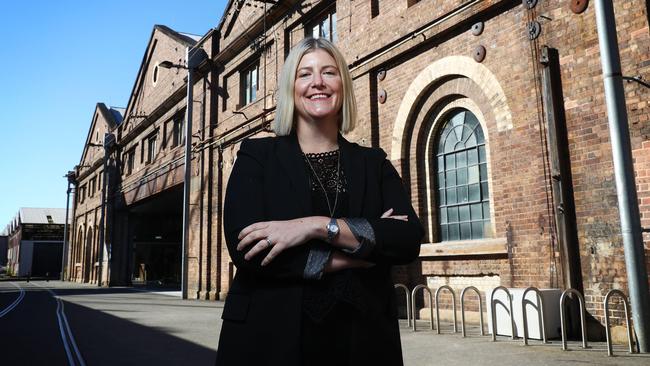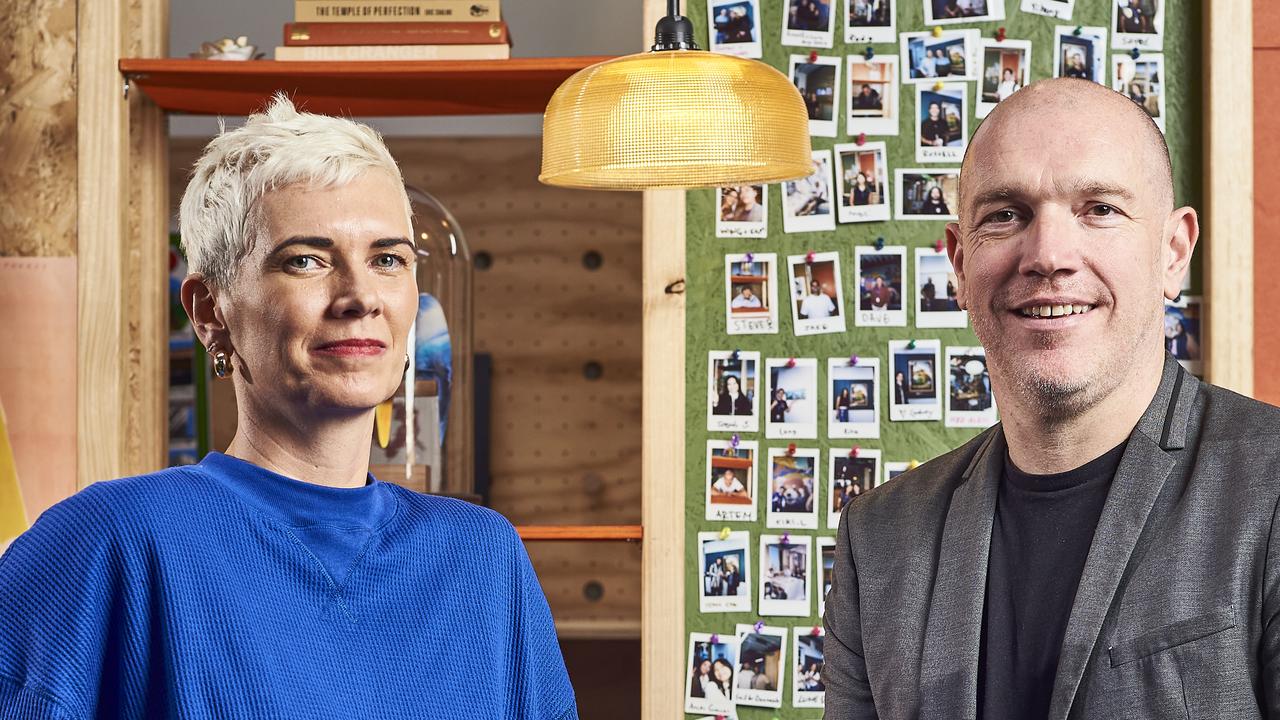Siloed thinking risks undermining Albanese’s Future Made in Australia vision: Cicada Innovations
A reset across corporate Australia’s thinking is needed to achieve the ambitious goals under the government’s Future Made in Australia, one of the nation’s top tech incubators says.

The Albanese government’s Future Made in Australia Act risks failure unless the nation smashes the “siloed” way of thinking that has held the economy back, according to one of the nation’s top tech incubators.
Cicada Innovations – organiser of the annual Tech23 festival, which boasts an alumni that includes Canva and Airwallex, and has raised more than $6bn collectively – believes companies need to adopt a broader mindset to ensure they are set up for success.
Talk of breaking down silos or “corporate fiefdoms”, to make companies more efficient and better serve their customers, has been around for years.
This has been particularly the case in healthcare, where a patient travels “horizontally” through it but is bogged down by “vertical silos” – being the health insurer, hospital operator and medical specialists, which are often at loggerheads protecting their territory.
For start-ups, Cicada chief executive Sally-Ann Williams said this could mean the difference between success and failure.
She said biotech Tetratherix was a great example of a company that had benefited from a non-siloed approach.
“Where they started with their technology was more around reconstruction and things like that in the body. Now they’ve actually realised it’s a delivery mechanism for a whole range of therapeutics and can be applied in different ways,” Ms Williams said.
“And so that comes through conversation and exposure to other people, where they’re given this opportunity to tell their story, and to tell it in a more nuanced way and give people opportunity to self identify and say, ‘would it be possible to take your technology and apply it with my advanced therapeutic that I want to apply nasally?’ ”
Another Tech23 alumni, Agscent – which is using NASA technology to improve life on planet Earth through its non-invasive farm livestock diagnostic testing for pregnancy and disease – has also benefited from a more collaborative approach across different industries and sectors.
Agscent works to improve livestock and dairy operator productivity, decrease costs, reduce operator injury, and improve animal welfare – meaning it straddles spacetech, agtech, foodtech, and workplace safety simultaneously.
But creating that mindset remains a challenge, and one Ms Williams said needed to be overcome to reap the benefits of the Future Made in Australia Act. Earlier this year Anthony Albanese vowed to legislate a Future Made in Australia Act, to co-ordinate a whole-of-government package of new and existing projects to drive investment in manufacturing and clean-energy technologies.
But Ms Williams said the world was a complex system of interconnected parts, and the deep-tech innovations that would “help us realise the ambitious goals of the Future Made in Australia Act often straddle multiple industries and applications”.
“To achieve these future-critical goals, we must urgently eschew a piecemeal or siloed approach towards individual policies, industries, or niches of technology and radically shift towards a systemic approach that tackles global problems from multiple angles simultaneously.
“You actually have to have people who believe that they need to step outside the silo that they’re operating in, and that means outside their role, outside their delegated authority and outside their power.
“If you are so laser-focused on your core responsibility as an individual contributor or as a manager in your workplace and your delegated authority of what you’re responsible for, it can be very hard to figure out ‘how do you navigate between the boundaries of where your responsibility ends and somebody else’s starts?’ And so when we talk about breaking down systems, and breaking down silos, we actually have to have brave people who believe in a bigger picture, who believe in that bigger vision.”
Main Sequence principal Elaine Stead said venture capital firms also supported such an approach.
“Unearthing scientific solutions and translating them into impactful companies requires more than a cheque. The ecosystem attached is critical to building successful new industries, particularly when talking about the long-term plays so common in deep tech,” Ms Stead said
“Like Main Sequence, Cicada Innovations is an original deep-tech believer and under their custodianship, Tech23 continues to be the premier program for deep-tech start-ups in Australia. The event connects and strengthens our community.”





